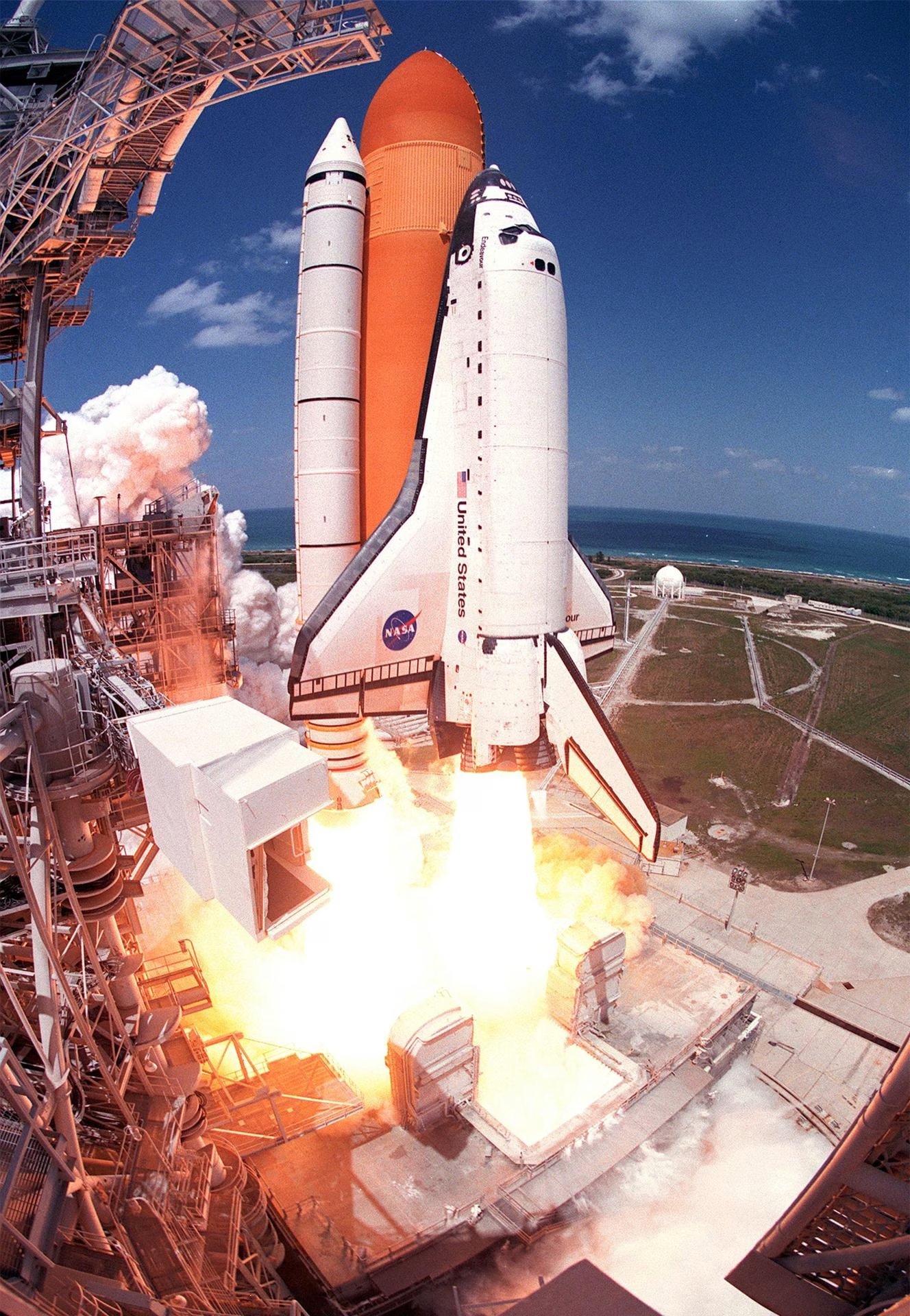
NASA barred Chinese nationals with valid US visas from its facilities, underscoring growing tensions in US-China space race. Image: NASA.
(The Post News) – NASA began restricting Chinese nationals who possess valid US visas from being part of its programs, a dramatic intensification of the accelerating space race between Washington and Beijing.
The policy shift, first reported by Bloomberg News and later by the agency itself, bars Chinese citizens from accessing NASA facilities, resources, and networks. “NASA has made internal moves pertaining to Chinese nationals, including restricting physical and cybersecurity access to our facilities, materials, and network to protect the security of our work,” press secretary Bethany Stevens said on Wednesday.
NASA’s Sudden Ban
Until this point, Chinese citizens could participate in NASA research as contractors, graduate students, or university researchers but not as employees. But on September 5, several individuals claimed to be unexpectedly barred from agency IT systems and from participating in in-person and virtual meetings.
The action is a sign of growing distrust between the world’s two largest economies, which are competing to put astronauts back on the moon. NASA is moving ahead with its Artemis mission, the sequel to the Apollo missions, with a crewed mission to the moon scheduled for 2027. The project was delayed and had cost overruns, creating fears that the US may not be able to sustain its advantage over China.
Beijing, on the other hand, has continued to develop its space program. It plans to send its first astronauts, or “taikonauts,” to the moon by 2030 and is training for a Mars sample-return mission scheduled to launch in 2028. “We’re in a second space race today,” acting NASA Administrator Sean Duffy stated at a press conference on Wednesday. “The Chinese want to go back to the moon ahead of us. That’s not going to happen. America has led in space before, and we are going to continue to lead in space in the future.”
Political and Security Dimensions
The ban comes against the backdrop of broader tensions under the administration of President Donald Trump, which have escalated anti-China rhetoric amid ongoing trade tensions. Washington has traditionally restricted scientific cooperation with Beijing, keeping Chinese astronauts out of the International Space Station and limiting shared research.
US lawmakers are backing NASA’s return to the moon strategy with enormous financing for the Space Launch System (SLS) and Orion capsule, viewing the competition to the moon as a matter of national security. “China has not been shy about their ambitions,” US Senator Ted Cruz said at an aerospace summit earlier this week. “If our competitors become greater space powers, it would pose a deep threat to America. The stakes could not be higher.”
Chinese officials have previously brushed aside American worries as exaggerated. The director of China’s Manned Space Agency last year described its lunar exploration program as a “collective mission for mankind,” brushing aside accusations that it is threatening.
However, Beijing has been attempting to secure access to the rare resources found on the moon, including helium-3 and rare earth elements, which have heightened Washington’s fears over who controls the rules of space exploration.
NASA’s blackout is the latest sign that scientific cooperation between China and the US is unraveling. It also suggests to what degree the space race has shifted from Cold War symbolism to competition for technological hegemony and lunar resources.
While both nations are planning to send man back to the moon in the coming decade, the geopolitical stakes extend far beyond Earth.



